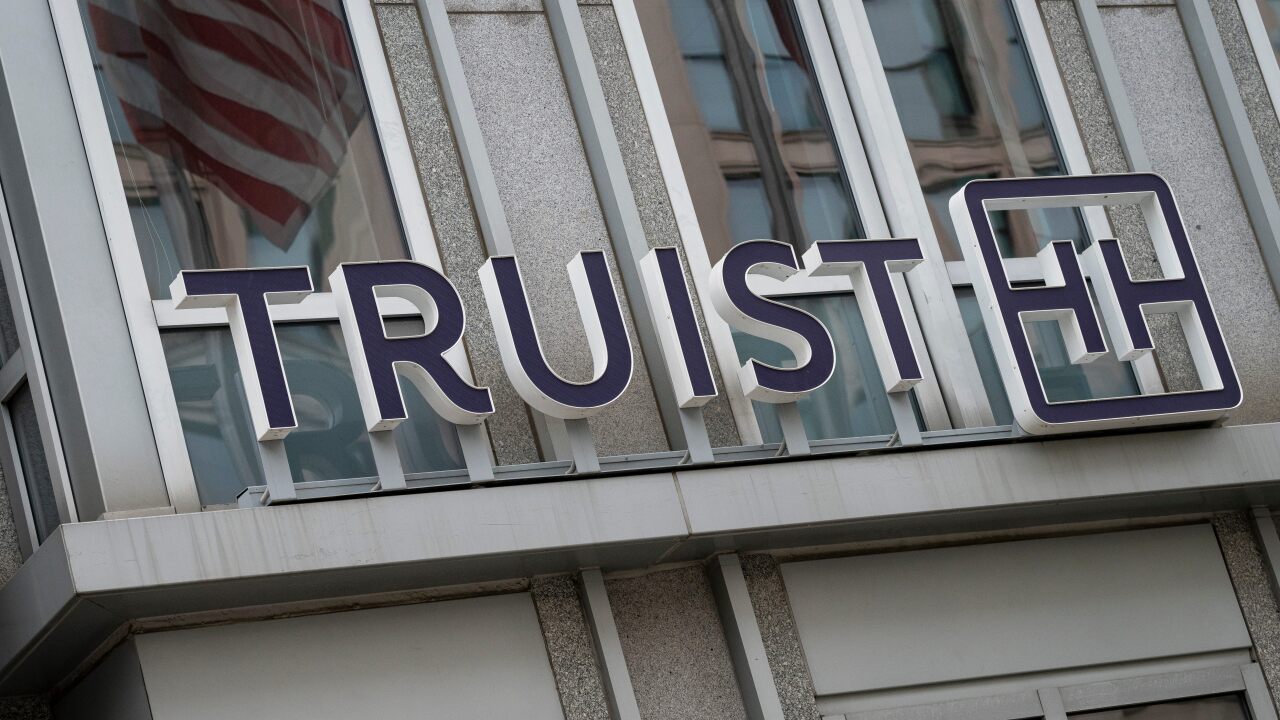WASHINGTON - Eleven major banks have pledged $28 million to a payment system being developed by the New York Clearing House that would eliminate the need for online trading partners to exchange bank account information when conducting automated clearing house transactions and wire transfers.
The requirement that sellers give sensitive information to buyers has stifled some online commerce, according to officials involved in the project, who will announce the initiative this morning at the Nacha Payments 2001 conference here. They predict the new system will boost use of ACH and wire transactions by an important category of customer: companies that use business-to-business electronic marketplaces.
The 11 banks, all members of the New York Clearing House, are Citigroup Inc.; Bank of America Corp.; Bank One Corp.; J.P. Morgan Chase & Co.; Bank of New York; FleetBoston Financial Corp.; First Union Corp.; Wells Fargo & Co.; and bank subsidiaries owned by ABN Amro, Deutsche Bank, and HSBC Holdings PLC.
"The big barrier has always been that a seller has to give out their bank account and bank routing numbers to the buyer, so buyers can deposit the money," said George Thomas, senior vice president of the New York Clearing House. "A lot of companies don't want to give out their bank account information."
The system, which is expected to be ready in nine to 12 months, will assign universal identification numbers to buyers and sellers engaging in ACH and wire payments. Buyers would use the universal ID to initiate credit (but not debit) payments, and then send the universal ID to the clearing house, where it would be linked to actual bank payment information.
"At the heart of what were trying to do is to enable our members, our owners, and our customers to fully participate and benefit from the economic and business transformation that is under way," said Jeffrey P. Neubert, president and chief executive officer of the New York Clearing House.
Mr. Thomas said the New York Clearing House does not yet have a sense of how much traffic the new system would generate, but he said that it stands to reason that the elimination of a privacy hurdle would lead to an increase in business-to-business credit payment volume.
The network will support the New York Clearing House's existing ACH and wire payment options, as well as payments based on a newer, Internet-based protocol, XML. Accommodating all methods will "help transition the industry from existing to new infrastructures by bridging the old and new," Mr. Thomas said.
XML is the "evolutionary channel that will ultimately become the new payments channel over time," Mr. Thomas said. The New York Clearing House will continue to offer ACH and wire payments to avoid "throwing the baby out with the bathwater" before XML truly takes hold, he said.
In 12 to 15 months the New York Clearing House plans to roll out another piece of the network that will capture data from transactions initiated over the Internet, and bundle it with ACH or wire payments. Ultimately, the New York Clearing House may assign universal IDs to consumers wishing to pay businesses over the Internet, though Mr. Thomas gave no timetable for that.
One advantage to users of the system would be the ability to control when payments take place, he said. "Today they mail a check, and are unsure how long it will take to get through the postal system. With this, they can wait until the very last minute."
The New York Clearing House would ensure the accuracy of check information, and eliminate the need for companies that change their banking relationships to notify their trading partners. And because the system will only support credit payments, it would help eliminate the fraud associated with debit payments, boosting confidence in doing business electronically, Mr. Thomas said.
Elliott McEntee, president and chief executive officer of Nacha, the electronic payments association, said the database could eliminate the confusion that arises under the current system when companies switch banks. "It's a real challenge when businesses change their banking relationships, because they don't think about telling all their trading partners."
The database would also appease "a real concern for a lot of companies" from a privacy and risk management standpoint about giving out bank account information, Mr. McEntee said. The data warehouse will "increase the quality of payments, reducing the likelihood it goes to the wrong bank, or the wrong account."
He warned, however, that the network is "a massive undertaking with a tremendous amount of information being collected." The New York Clearing House "will have to make sure the information is kept up-to-date," he said. "If the information gets stale, then the database doesn't serve a useful service."
Catherine Allen, chief executive officer of BITS, the technology group of the Financial Services Roundtable, said: "Several companies owning a system to provide some of these utility-based services is a very good idea." The framework should be "accessible to any size of institution" and use open standards so that "many institutions can participate."
Jeetu Patel, vice president of research at Doculabs, a Chicago research firm, said the data warehouse is a "good idea," but it will require a high level of participation by banks.
"How many members you are going to get is going to directly impact the effectiveness of the service," Mr. Patel said. "Banks could spend lots of money, time, and energy and in the end have nothing coming out of it if it is managed in the wrong way."





